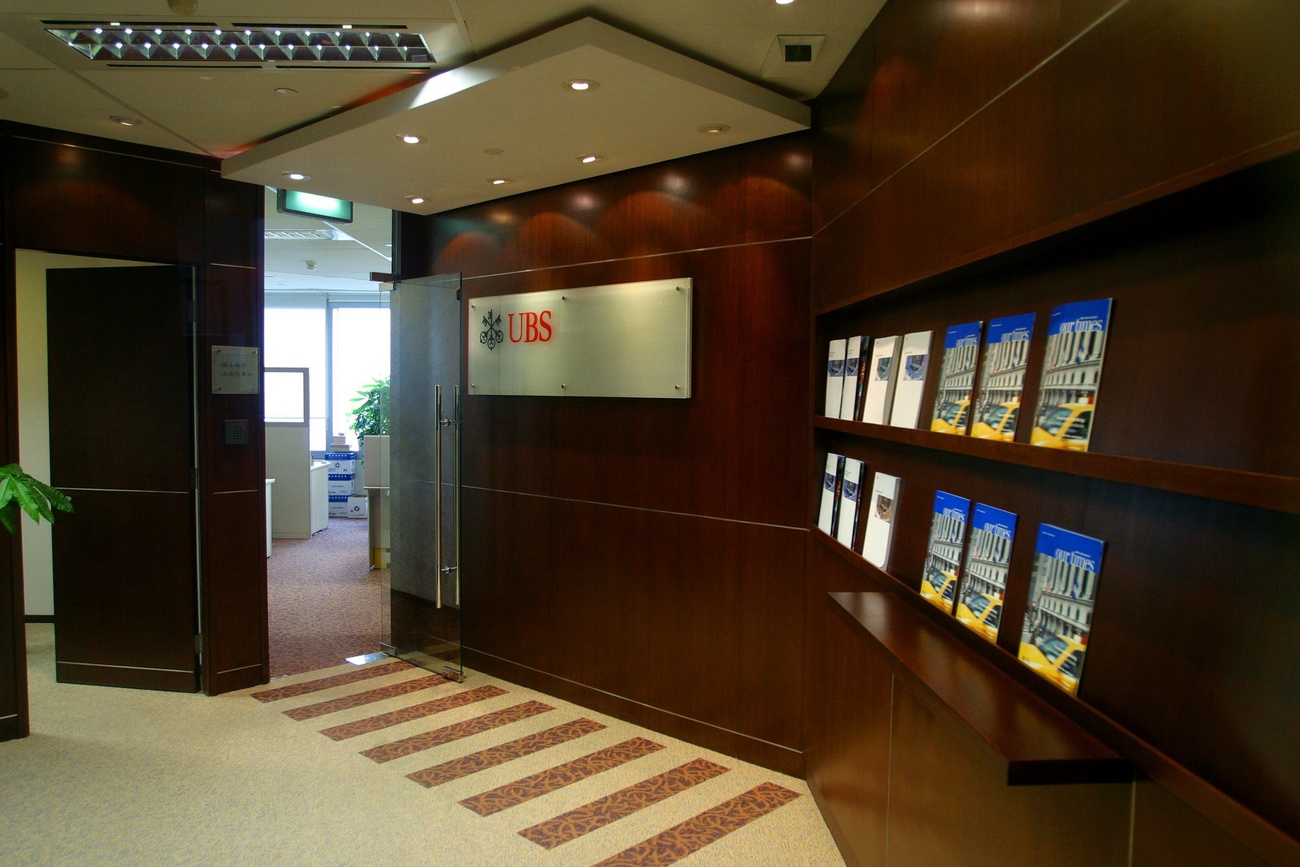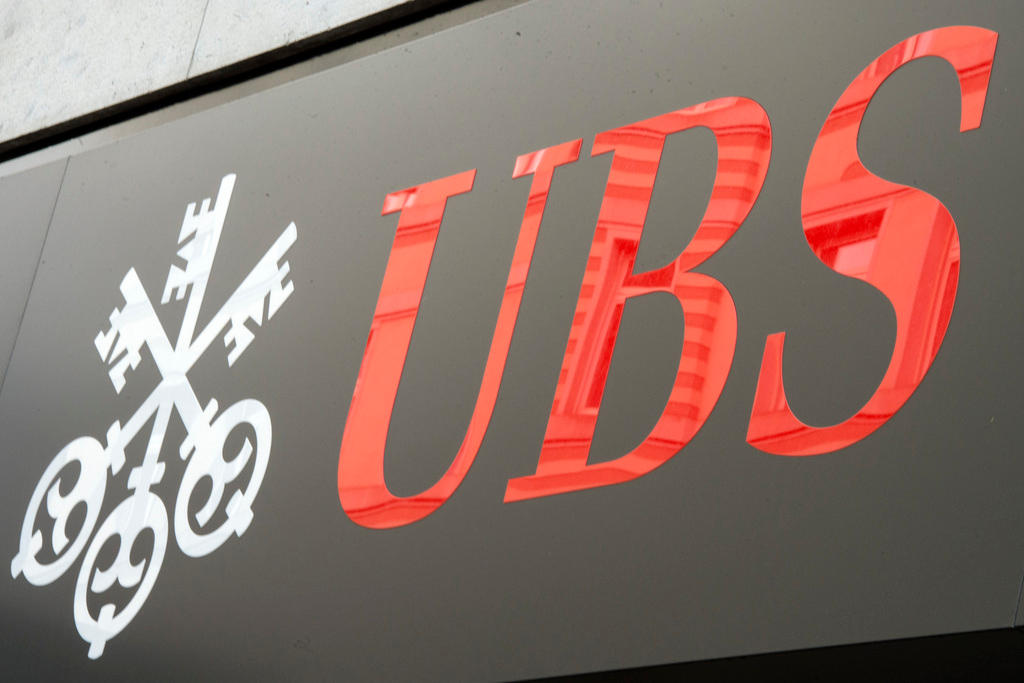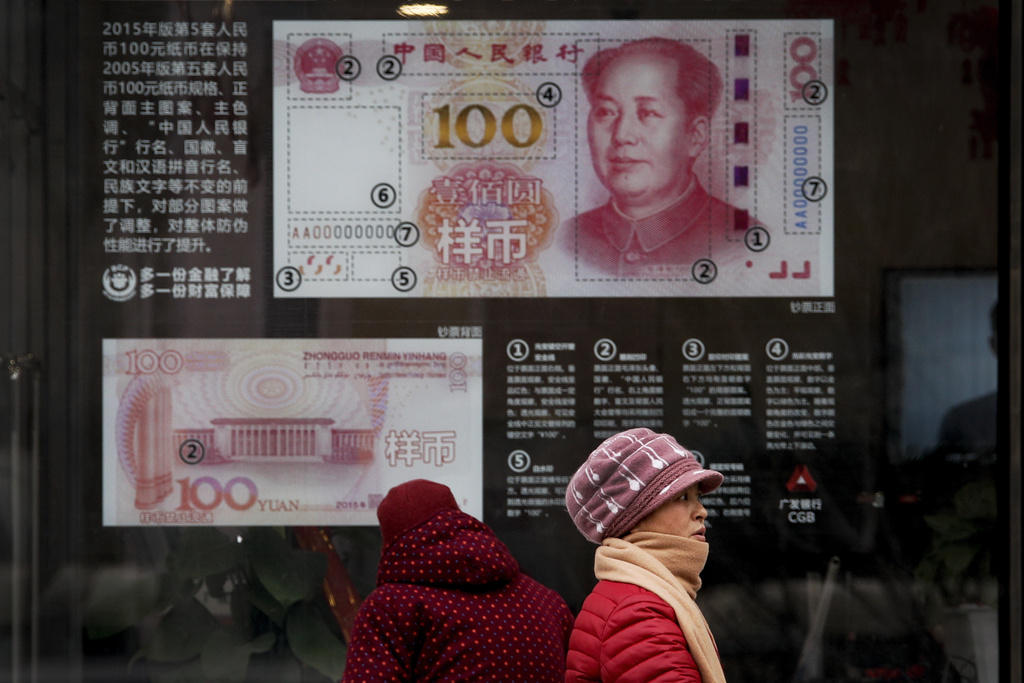UBS hires Chinese ‘content reviewers’ to vet research reports

UBS is hiring a team of “content reviewers” to ensure that Chinese research publications by its analysts are free from “sensitivities”, in a move that one rival said amounted to self-censorship.
The recruitment drive comes three years after the Swiss bank’s top economist was suspended in a dispute over comments about pigs in China.
A job advert posted by the UBS global wealth management division in July said the “reviewers” would ensure that the “language, tone and content” of all its reports published in Chinese is “appropriate and adheres to regulatory and internal guidelines”.

“You will ensure that all our Chinese language publications are . . . free of any sensitivities,” the advert read.
A person close to the hiring process said UBS had since hired one reviewer in Hong Kong and was recruiting more people in Singapore. They sit alongside its research editing team.
An executive at a rival global bank said the UBS hiring plans amounted to “self-censorship”, adding that their bank only allowed “exact translations” when it published research in Chinese and English. However, a person close to UBS denied it was censoring its research and said it was “not a new concept” and other banks hired the same kind of editors “under a different name”.
UBS declined to comment.
“Culturally insensitive language”
In 2019, UBS was at the centre of an outcry in China after its global chief economist of wealth management, Paul Donovan, made comments about pigs in China during a swine fever outbreak that were perceived as a racist slur.
Hong Kong-based Chinese brokerage Haitong International Securities cancelled all work with UBS, and the Securities Association of China, a self-regulatory body, told members not to quote his research or invite Donovan to events.
He was suspended by UBS and reinstated four months later, after issuing an apology in which he said he had “unwittingly used hugely culturally insensitive language”.
The incident highlighted the high stakes for global financial institutions looking to expand their presence in China as the world’s second-largest economy began to open up its financial sector to foreign competition.
International banks have had to negotiate a sensitive geopolitical landscape as they try to expand their influence in China, and risk alienating politicians and clients on both sides.
JPMorgan chief executive Jamie Dimon issued two apologies last year after joking that the Wall Street bank would outlast the Chinese Communist party. In July, HSBC faced sharp criticism from US lawmakers after the Financial Times reported that it had installed a Communist party committee in its Chinese investment bank, a legal requirement for foreign companies in China.
UBS was an early mover among foreign investment banks in China, establishing the first securities joint venture in 2007, and then becoming the first to acquire a controlling stake in such a business in 2018. In March, it increased its stake to 67%.
Rival investment banks such as Goldman Sachs and JPMorgan have secured licences to manage wholly owned securities businesses in China for the first time in the past year.
Copyright The Financial Times Limited 2022

In compliance with the JTI standards
More: SWI swissinfo.ch certified by the Journalism Trust Initiative





You can find an overview of ongoing debates with our journalists here. Please join us!
If you want to start a conversation about a topic raised in this article or want to report factual errors, email us at english@swissinfo.ch.